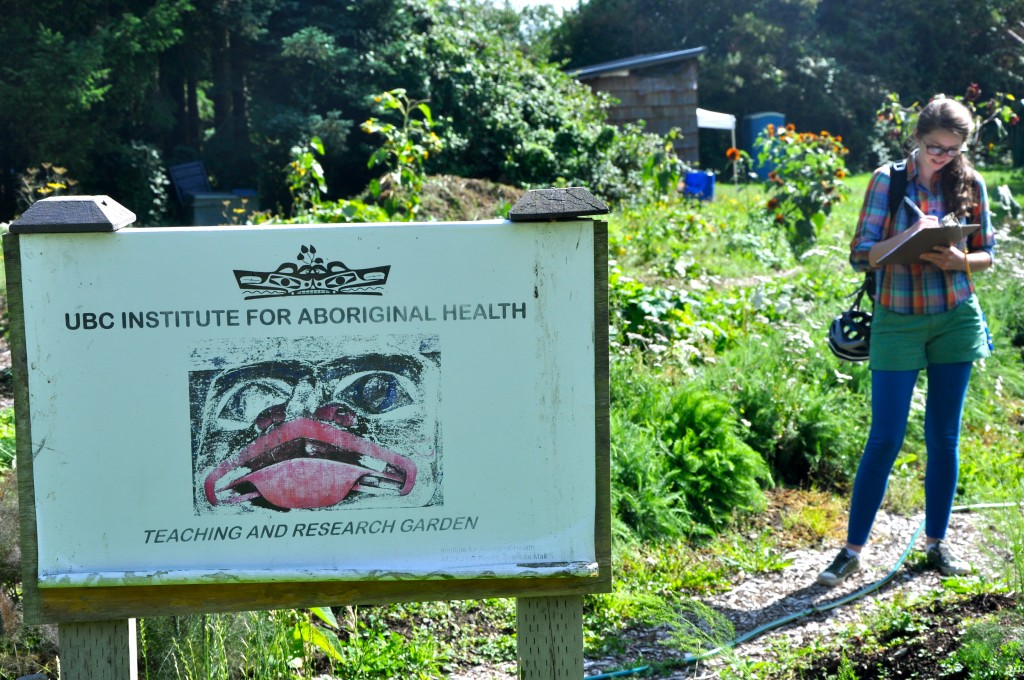The Truth and Reconciliation Commission (TRC) was first popularized by Nelson Mandela and Desmond Tutu in South Africa, as an early effort to resolve the former conflict that occurred in the country during the apartheid era. The TRC is a commission dedicated to uncovering truth in order to create reconciliation and move towards restoring and uniting a country. The Canadian TRC was established in June 2008 to come to terms with the atrocities forced on Aboriginal people in government- and church-run Residential Schools that operated from the early 1830s, with the last one closing in 1996. The TRC provides a platform where Aboriginal people can provide a testimony of what they went through in Residential Schools with the hope of healing former wounds. However, it is important to note that there is controversy over the said task of finding “the truth”; it could be argued that the TRC might instead reopen many wounds, instead of healing them.
The TRC is hosting a national event in Vancouver from September 18th to 21st. As UBC students, we were impressed that the university suspended classes on September 18th to encourage students to attend the national event. Those who attended heard many stories from courageous Aboriginal individuals who chose to speak up and talk about the mistreatment that they were forced to endure. Sexual, emotional, mental and physical assault were common themes of the experiences of the Residential Schools, which tried to assimilate First Nations individuals into the same culture that had made their traditional ways of living impossible. The effects of abuse and neglect that the survivors experienced have often had consequences that have lasted intergenerationally, with the legacy of residential schools still present in many families and communities today. We have been horrified to hear what Aboriginal people went through at the hands of our own government and institutions, and we cannot even fathom the weight held on their shoulders as a result. Yet the resiliency that we saw was remarkable, and sadly something that is often overlooked regarding First Nations communities.
It is important to note that the TRC is only the initial step, not the end process. One Aboriginal woman at the event on Wednesday stated that although she’s very appreciative of the efforts to put on the TRC event and raise these visceral issues, the government pushes many of these reconciliation responsibilities upon First Nations people. As this woman eloquently stated, reconciliation is not something to be forced upon people. This raises some serious questions: is the Canadian government carrying out the TRC to simply “save face”? What has the current government been doing to actually improve relationships with Indigenous people today? Whatever the answers, we feel that these initial steps made by the TRC are indeed necessary so that Canadians can come to terms with the atrocities in our past that occurred towards Aboriginal people. However, there is a long road ahead, which Canadians need to be aware of so that First Nations individuals can feel supported and safe during this delicate process.
Whether or not UBC’s suspension of classes was effective in this intention is debatable. Many students that we spoke with did not seem to know, much less understand, why it was that we didn’t have class on the 18th. British Columbia is a distinctively multicultural province, and many international students who study here have come from countries where groups have suffered similar atrocities. Would these students then be permitted to not attend class, and not suffer any consequences, if they chose to commemorate a day that was meaningful in their home country? We hope that the university’s suspension of classes fulfilled the need to renew awareness of these events to the next generation of Canadians, and we are appreciative of instructors who took time to bring the issues into their classes.

